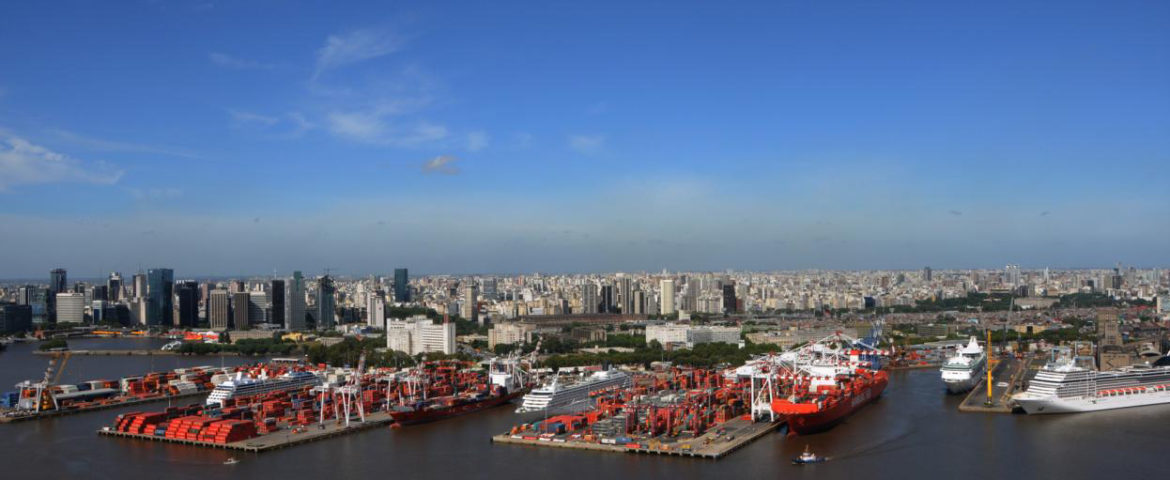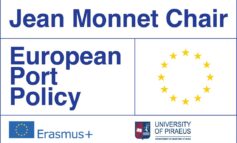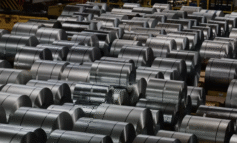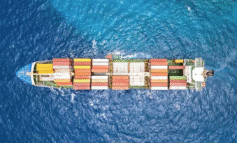One of the best-known cases of port reform aimed to create intra-port competition is that of Buenos Aires, the largest port of Argentina
In the early 1990s, Buenos Aires was an inefficient state-run port. Cargo volumes fell between 1970 and 1990. The port tariffs increased by over 250% in real terms in a decade.
The Argentine government reformed the port industry, creating a deregulated environment for private operators, while securing sufficient competition between terminals.
Five terminal plots in the port were concessioned. The privatisation resulted in the entrance of the global terminal operators in Buenos Aires. The intra-port competition between the terminals was fierce, as illustrated by the bankruptcy of terminal 6 in 1996.
The operator of terminals 1 and 2 (combined from the start) placed a bid to take over terminal 3. After an investigation, the competition agency argued that even after the merger intra-port competition would be sufficient and approved the merger.
Three operators (DP World, majority operator of terminals 1,2 and 3, APMT terminal 4 and Hutchison Ports terminal 5) currently still compete. Port users experienced important benefits of the privatisation: the capacity and productivity increased and the prices decreased.
From one of the most expensive ports in South America, Buenos Aires became one of the cheapest. As a result of these changes, volumes have grown, from roughly 450.000 TEU in 1995 to 570.000 in 2003 and 1 million in 2012.
However, volumes have stalled since 2012 while ship sizes increased and shipping alliances became stronger. As a result, the government decided to grant a 50-year concession to redevelop the whole Puerto Nuevo area of Buenos Aires to one operator, thereby breaking with the ‘intraport competition doctrine’.
The core reason is the substantial scale economies in terminal operations. The current facilities operate below the minimum efficient scale and cannot expand to accommodate the larger vessels and customers cooperating in alliances.
Several of the major players, including the current operators, are expected to bid for the project. There is still intra-port competition with a PSA-operated container terminal in Dock Sud, an adjacent terminal in Buenos Aires, as well as with smaller newly developed terminals in the vicinity.
So, while the case for intra-port competition remains, developments in shipping lead to a larger minimum efficient scale, so that consolidation of competing terminals is in some cases, like in Buenos Aires, called for.
First published @ Port Strategy













